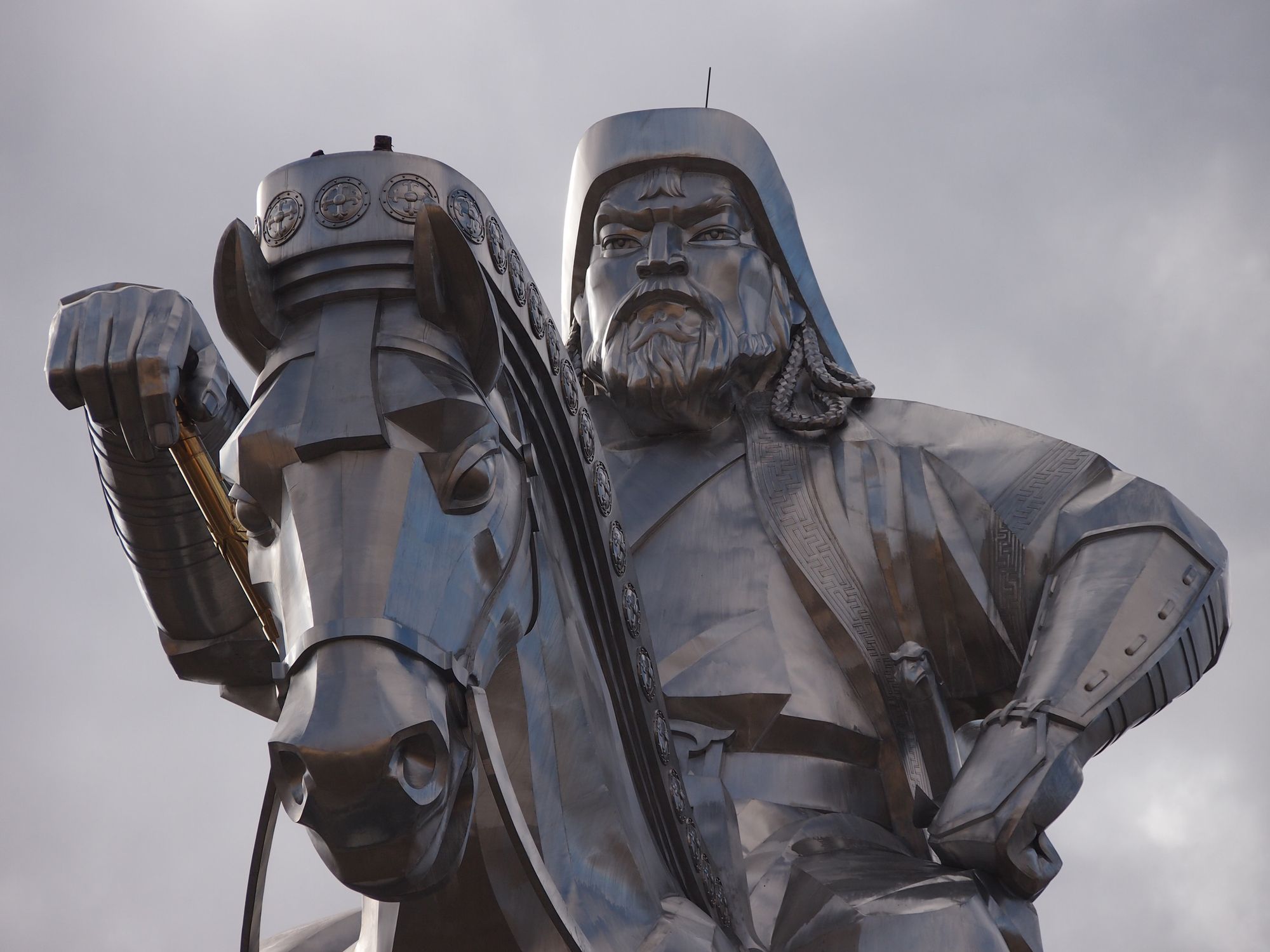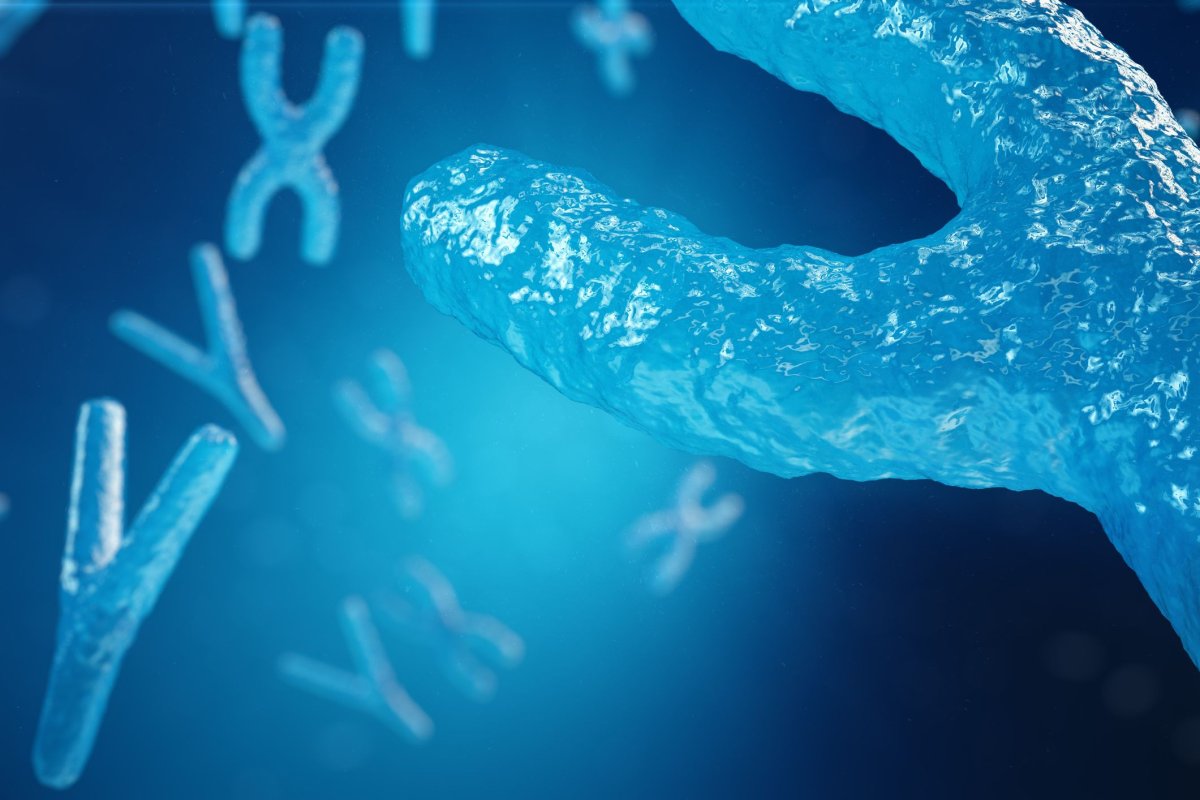
Recent genetic research suggests that the number of reproducing men plummeted across Africa, Asia and Europe around 5,000 to 7,000 years ago. In fact, scientists think this population dropped by some 95 percent during this time.
Now, researchers writing in Nature Communications think they might have an explanation. Warring patrilineal clans—where membership follows the male line—could be to blame.
Back in 2015, scientists identified a historical bottleneck, where the diversity of the Y chromosome—which is passed from father to son—appeared to collapse. No such pattern was found in the mitochondrial DNA—which is passed from mother to child—suggesting no big changes in the number of reproducing women at the time. The team proposed several explanations for this bizarre phenomenon, and anthropologists and biologists have been scrambling to get to the bottom of it.
Researchers from Stanford University have used mathematical modeling and sophisticated computer simulations to build on one of the original paper's explanations.

After the advent of farming some 12,000 years ago, hunter-gatherer societies began to morph into larger, patrilineal clans, where women could move and marry between different clans but men stayed put.
Mark Thomas, a professor of evolutionary genetics at University College London, told Newsweek that this was a kind of middle ground between small-scale hunter-gatherers and the larger, more complex societies that were to come.
Related: Taíno: 'Extinct' indigenous Americans never actually disappeared, ancient tooth reveals
In individual patrilineal clans, men might all descend from a recent common male ancestor—and so have the same Y chromosome.
The researchers also thought that great clan battles, where enemies would decimate entire male lineages, might be driving the Y chromosome collapse. Over time, diversity would wane as different Y chromosomes disappeared from the picture.
The team's models and simulations backed up this idea of warring, patrilineal clans. When competing patrilineal groups fought and wiped each other out in their simulations, Y chromosome diversity took a nosedive. But when men and women both moved across clan lines, conflict didn't suffocate diversity enough to cause a bottleneck.
Calling the new research "excellent," Thomas explained that it could well be the best of a number of fascinating explanations. The Y chromosome might be suppressed by male competition within populations, instead of warring clans. Take a powerful male figure like Genghis Khan or Moulay Ismail ibn Sharif—known as "The Bloodthirsty." These men are believed to have fathered hundreds, if not thousands, of children at the expense of other males who had none.
Related: Genetic mutation behind shoveled teeth may have been key to ancestral survival
Other social structures—for example, where some men have multiple wives and others remain unmarried—could also create a similar effect, said Thomas, who co-authored the 2015 study.
But warring patrilineal clans are probably the best contender for such a dramatic Y chromosome diversity collapse, Thomas said. "It's an extremely good explanation, it works very well. It's not necessarily the only explanation, but it probably is the best one we have at the moment.
"If it's true, well, 5,000 to 7,000 years ago wasn't the best time to be a male, unless you were a member of one of those lucky few clans we are all now descended from," he said.
Uncommon Knowledge
Newsweek is committed to challenging conventional wisdom and finding connections in the search for common ground.
Newsweek is committed to challenging conventional wisdom and finding connections in the search for common ground.
About the writer
Katherine Hignett is a reporter based in London. She currently covers current affairs, health and science. Prior to joining Newsweek ... Read more
To read how Newsweek uses AI as a newsroom tool, Click here.








